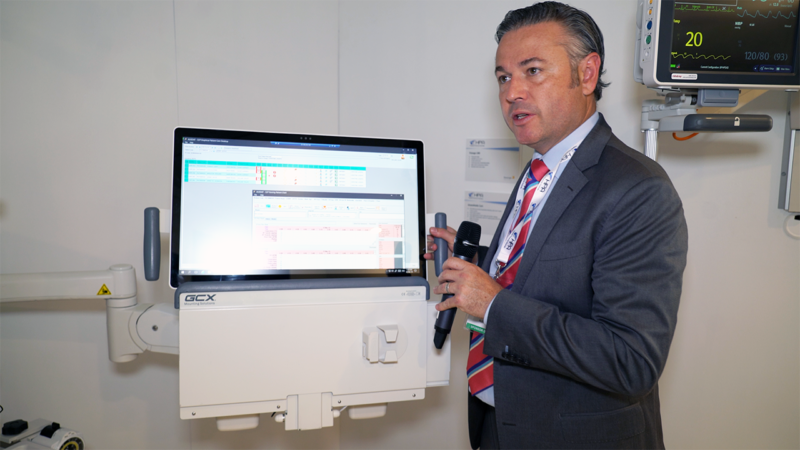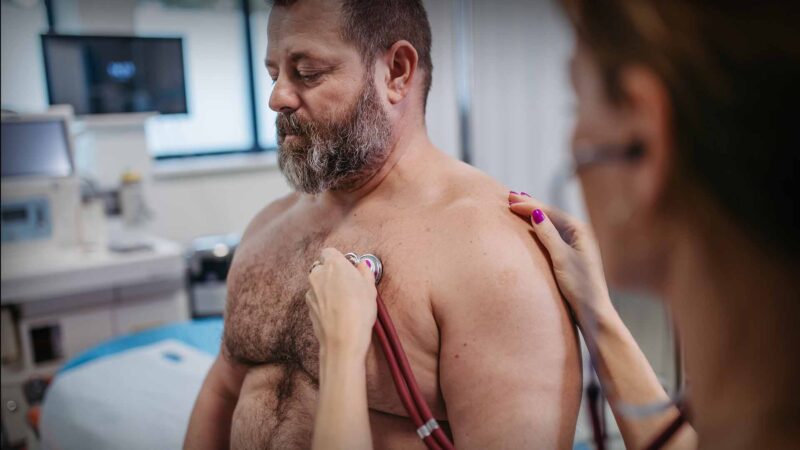Mentoring in nursing is important for several reasons:
1. Career Development: Mentoring provides nursing students or novice nurses with guidance and support from more experienced nurses. This guidance can help them develop their skills, expand their knowledge, and gain insight into the profession.
2. Personal Growth: Mentoring helps nurses identify their strengths and weaknesses, set goals, and improve their self-confidence. It can also provide emotional support during difficult times.
3. Knowledge Transfer: Mentors can share their knowledge and experience with their mentees, helping them understand the complexities of the healthcare system and how to provide quality patient care.
4. Retention: Mentoring can help reduce nurse turnover by creating a positive work environment, increasing job satisfaction, and improving career advancement opportunities.
5. Leadership Development: Mentoring can help develop leadership skills in nurses, preparing them for management positions and enhancing their ability to lead and inspire others.
Overall, mentoring in nursing is crucial for the development of nurses and the advancement of the nursing profession. It provides a supportive environment for personal and professional growth, knowledge transfer, and leadership development.
Australian Health Journal met with two nurses both working in Queensland, one the mentor, the other, the mentee. Both get to appreciate the experiences mentorship gives them.
Belynda Abbott FICDA FACN is a Clinical Nurse Consultant who at the time of the interview worked in Metro South Health within the Neurosciences care field. Today she works as the Nursing Director at Darling Downs Hospital and Health Service and is the Queensland State Chair for the Australian College of Nursing (ACN).
In her 20 year career, Belynda has worked as a nurse educator, a clinical nurse consultant, and nurse unit manager, and also assisted in the Health Emergency Operation Response for COVID. She has a breadth of knowledge and skill, with an attitude to be willing and wanting to stretch herself as a nurse.
Bronwyn Hausler is a perioperative nurse based on the Gold Coast. Following the interview recording, Bronwyn qualified as a registered nurse (RN) at the end of 2022 and now works at Queensland Children’s Hospital. She began nursing as an enrolled nurse after having children. In 2022, she was recognised as an Emerging Nurse Leader in a program run by the Australian College of Nursing, a role that has helped her build on skills to fulfil the vision and goal of leadership type roles.
Both Bronwyn and Belynda talk about the steps and mindset needed to reach out to a possible mentor. Both talk about the enriching experience of being and mentor and mentee.
Belynda has helped Bronwyn on her journey as as nurse, as well as develop as a leader herself, and adds, “When Bronnie has a concern or a question, I actually throw it back on her. So that I don’t actually give her the answers, because she has the answers herself.”
You Might also like
-
AHW Exhibitor: HPA Managing Director Shawn Wigham
Hospital Products Australia (HPA) exhibited at last week’s Australian Healthcare Week. Anne Dao spoke with Managing Director Shawn Wigham on the advanced equipment HPA supply, that combines technology and furnishings within the clinical setting.
Post Views:
3,789 -
Intervention in hearing loss for patients
In her role as an audiologist and trainer, Lauren McNee emphasises the urgency of addressing sudden hearing loss, highlighting the time-sensitive nature of available treatment options. She advises healthcare professionals, including GPs, pharmacists, primary care nurses and specialists, to remain vigilant for subtle signs of hearing loss in their patients. Such signs may include difficulty following prescription guidelines, miscommunication during conversations, or non-verbal cues like a tilt of the head or asking for repetitions.
-
Cardiovascular Disease Risk Guidance and Calculator get long overdue update
Cardiovascular disease (CVD) is responsible for significant morbidity and premature mortality in Australia. Ischaemic heart disease was the leading cause of death in 2020 and cerebrovascular disease was the third most common cause of death.
As the first major update to Australian CVD risk assessment guidelines in over a decade, the 2023 Australian Guideline for assessing and managing cardiovascular disease risk and associated Aus CVD Risk Calculator reflect the latest evidence on assessing, communicating, and managing CVD risk. Developed using Australian-specific data and the latest evidence, it supersedes the 2012 Guidelines for the management of absolute cardiovascular disease risk.



